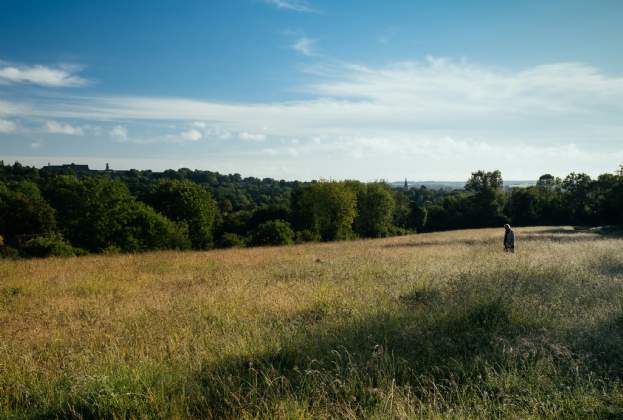Now the party conferences are over, we can compare and consider what we have learned from the Conservatives and Labour about their plans for the future of food and agriculture policy.
Labour sets out its Green Transformation policy
The Labour party conference saw the release of Labour’s Green Transformation policy, covering targets on climate change, air and water quality, and biodiversity decline. The policy makes specific points relevant to farming, including a pledge to 'reconfigure funds' to support sustainable practices and local economies, together with a 'responsibility for farmers to conserve, enhance and create safe habitats' for wildlife.
Eye-catching elements include a science innovation fund for sustainable farming research and a pledge to initiate a 'large tree-planting programme' to promote biodiversity and better flood prevention. A ban on hunting, stopping the badger cull and the end of rotational heather burning are also proposed, as well as a tax on second homes, major on-shore and off-shore renewable energy investment and stronger powers for renters.
Shadow Environment Secretary Sue Hayman MP was not given a headline speaking slot at the conference, but she majored on sustainability in her fringe speeches and gained praise from the industry for promising to push for a multi-annual financial settlement for the environment. This would seek to guarantee funding for the environment based on an assessment of the level of need for investment. At the NFU’s fringe event, Sue Hayman was vocal in agreeing that UK food standards should be protected in future trade deals.
Policy insights from the Conservatives but detail is still lacking
The Conservative conference produced more in the way of policy insights around future food and farming. Environment Secretary Michael Gove’s speech to conference covered climate change and plastics, as well as insisting that the new Agriculture Bill would help farmers 'ensure they get a fair price for their produce'.
The lack of detail on food production has been a major criticism of the Agriculture Bill, but Mr Gove suggested that a new food strategy for Britain would be presented after Brexit, and that it would seek to ensure that food production was ‘truly sustainable’, protecting soil and minimising energy use.
Michael Gove also promised that food labelling would be reformed to uphold 'the highest animal welfare standards' and announced tougher sentences for animal abusers. There was a restatement of the existing commitment to plant 11 million new trees and a promise that when new homes are built, developers 'reverse environmental damage and invest in a greener, more beautiful Britain'.
Action from the fringe events included a repeated call from EFRA Chair Neil Parish MP for 'food to be on the front' of the Agriculture Bill and a comment from Farming Minister George Eustice that de-regulating the use of new breeding techniques such as CRISP-R would be an obvious win outside the EU.
WTO issues were a hot topic at a number of events. The concept of ‘public money for public goods’ was widely supported, but WTO rules require that environmental payments are given on an ‘income foregone’ basis only. Both George Eustice and Michael Gove expressed a desire to challenge this and for farmers to derive a margin from delivering public goods. Provided the future public investment is within the UK’s WTO total permissible spend limits, this should be possible.
The Conservative party was less ambitious in their support for UK food standards to be protected in future trade deals. At the NFU fringe event, Michael Gove restated his ambition for the industry, and announced an intention to have a 'food and drink sector deal' between Defra and BEIS. However, under challenge that a higher UK production standard would simply export our environmental issues overseas, Mr Gove offered less reassurance, simply stating that 'it's not the case that we are deliberately seeking to ensure that we import more' from countries with lower standards. This, of course, could be the consequence without being the intention.
All in all, both Labour and the Conservatives seemed to have grasped the potentialities that a UK farming and environment policy could bring, with trees a key beneficiary, but we are still lacking details on how this will be delivered in practice.
Further information

.jpg)
.jpg)
.jpg)
.jpg)
.png)
.jpg)
.jpg)


